Equipping future care professionals to tackle intersectional discrimination and violence against women with disabilities

The project
The project “CARE-INT: Equipping future care professionals to tackle intersectional discrimination and violence against women with disabilities” is implemented in Italy and in the Netherlands thanks to the co-financing of the European Union under the Erasmus+ program.
The goal is to promote the rights and inclusion of women with disabilities and combat intersectional violence and discrimination.
To achieve this goal and support the common values of the EU, the project focuses on the training of future care professionals, providing tools to recognize and counteract such phenomena.
The context
In the European Union, there are over 36 million women with disabilities, representing 16% of the female population. Women with disabilities are more frequently involved in cases of violence and intersectional discrimination, a form of discrimination amplified by two risk factors: gender and disability.
In 2020, the UN Women, the UN organization dedicated to gender equality and the empowerment of women, reported that:
-
61% of European women with disabilities have experienced harassment from the age of 15.
-
34% have experienced physical or sexual violence by partners.
-
60% of women with intellectual disabilities have reported sexual abuse.
-
In 87% of cases, the violence is perpetrated by someone known to the victim, often the caregiver.
In this context, the role of care professionals working in home settings can be crucial, and their training must provide the knowledge and skills to recognize signs of violence and discrimination and intervene to protect fundamental rights and freedoms.
General Objective
Training of future care professionals working in domestic settings, enabling them to recognize, address, and prevent intersectional violence and discrimination against women with disabilities.
Specific Objectives
-
Define the role of care professionals in combating intersectional violence and discrimination against women with disabilities.
-
Equip future care professionals with the necessary skills to effectively recognize, address, and prevent it.
-
Provide vocational school teachers with effective tools and methodologies to better prepare future care professionals.
Beneficiaries
-
40 students enrolled in vocational courses in Italy and the Netherlands.
-
30 professionals from disability organizations and organizations dealing with gender-based violence in Italy and the Netherlands and at the European level.
-
40 vocational school teachers in Italy and in the Netherlands.
Activities
-
Knowledge Sharing includes a preliminary investigation, a European Exchange Forum to consolidate knowledge and showcase successful practices, and the development of a preliminary report and digital compendium to inform an effective training offer.
-
Training Module focuses on equipping future care professionals with the skills needed to recognize, address, and prevent intersectional violence and discrimination against women with disabilities.
-
Results multiplication aims to maximise the impact of the training module and facilitate its adoption in vocational training programmes by improving the skills of trainers.
Results
-
Definition of the role of care professionals in preventing and countering intersectional violence and discrimination against women with disabilities according to best European practices.
-
Acquisition by students of professional care courses in Italy and the Netherlands of skills to recognize, address, and prevent intersectional violence and discrimination against women with disabilities.
-
Implementation of qualified intervention models in the prevention of violence and intersectional discrimination, providing teachers in professional care courses with concrete and effective tools for training students.
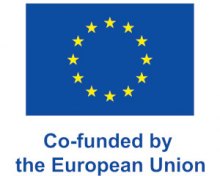
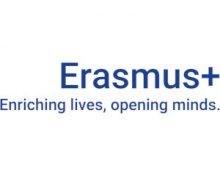
Partners
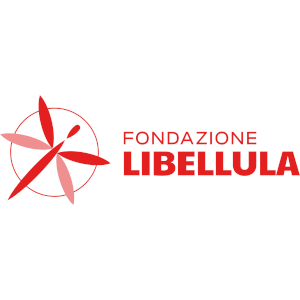
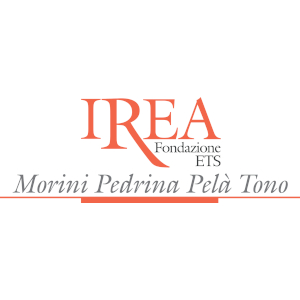
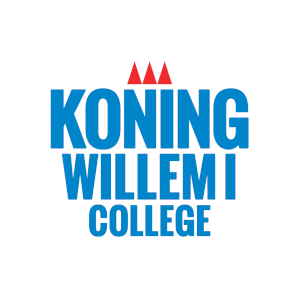
Co-funded by the European Union.
Co-funded by the European Union. Views and opinions expressed are however those of the author(s) only and do not necessarily reflect those of the European Union or the European Education and Culture Executive Agency (EACEA). Neither the European Union nor EACEA can be held responsible for them.